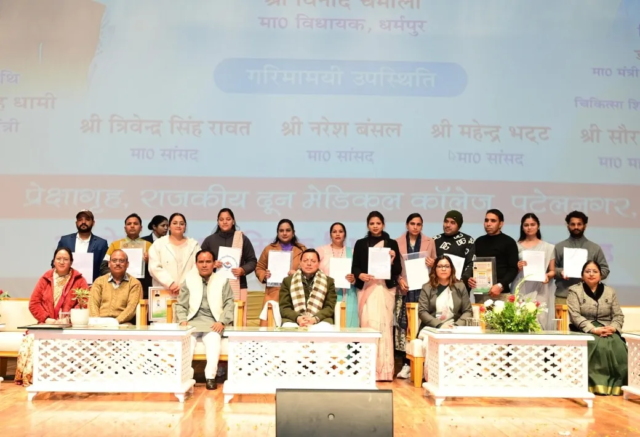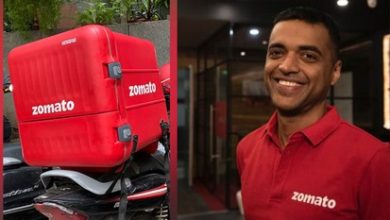GST’s new slab: Relief or trouble? What will become cheaper? Which things will become expensive?

The two-day important meeting of the GST Council has started on September 3. The special thing is that this meeting has been called before the scheduled time and big decisions can be taken in it to simplify the tax structure. Currently GST is divided into four slabs, but the council is working towards simplifying it.
Can the GST structure change?
In the current system, there is a proposal to bring most of the things (about 99%) of the 12% slab to 5%. Similarly, there is a preparation to put about 90% of the goods coming in the 28% slab in the 18% slab. It is believed that keeping in mind the recent announcement of Prime Minister Narendra Modi, the final decision can be taken in this meeting.
What will become cheaper?
- If this proposal is passed, then a big difference can be seen in everyday expenses.
- Goods falling in the 12% to 5% slab
- Processed food like packaged sweets, namkeen, sauce, papad
- Readymade clothes and footwear
- Household items like washing powder, brush, fan
- Furniture, plastic products and electrical accessories
- Goods falling in the 28% to 18% slab
- Household electronics like TV, fridge, AC, washing machine
- Two-wheelers and mid segment cars
- Cosmetics and perfumes
- Paint, cement and construction related items
What will become expensive?
While on one hand the items of common use will become cheaper. On the other hand, the tax burden on some luxury and harmful items may increase further. These include liquor and high-end luxury items.
Benefit to consumers and industry
If these changes are implemented, then the direct benefit will be to the customers because the prices of everyday goods will decrease. This will also be a relief news for the industry because sales will increase due to cheaper rates. This will not only affect the pocket but will also affect manufacturing and employment opportunities. This is the reason why it is being considered a big step towards promoting domestic industries.







